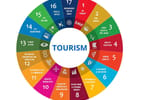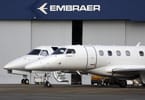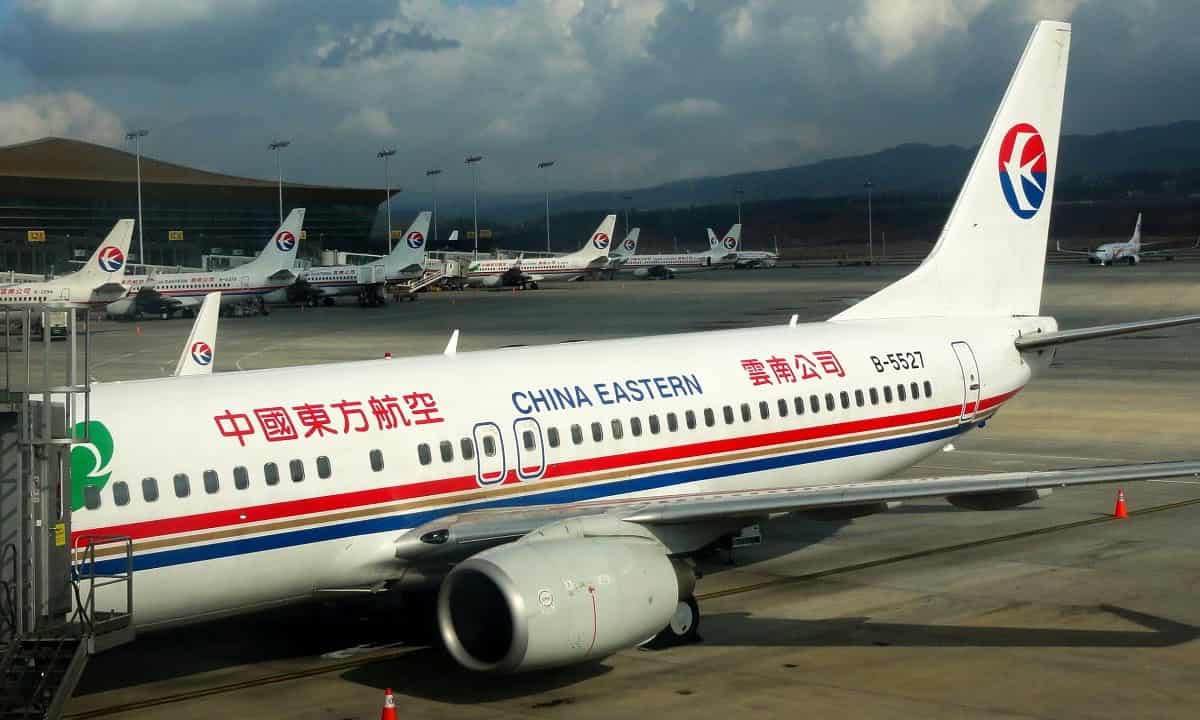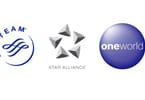Airline frequent-flyer programs are a staple for air travel, particularly frequent business travelers, but do they add to the cost of business travel for employers? A new study says, yes.
According to the study, frequent-flyer programs are a win-win-lose when it comes to air travel. The airline wins because the programs generate loyal and repeat customers. The points program member wins because of incentives to receive flight upgrades and free plane tickets. But in cases where the employer is shouldering the cost, the employer may lose because it could be paying more for the travel than need be.
The study, “Reaching for Gold: Frequent-Flyer Status Incentives and Moral Hazard,” was authored by researchers from the University of Michigan and Duke University.
The researchers analyzed the transactional database of a leading U.S.-based airlines’ frequent-flyer program. This included the histories and point accumulations of 3.5 million frequent-flyer program members during the 2010 and 2011 point-earning cycles.
“We found that the closer frequent-flyer program members get to ‘elite status’ the more likely they are to choose an airline even when it may be more expensive than a competitor’s flight,” said the researchers. “While this decision is based on a number of factors, an important one is whether the air travelers are paying for the flight themselves, or whether it is covered by an employer or third-party.”
Other factors the researchers cited included whether the traveler was well ahead of pace or far behind pace to achieve elite status, and whether the traveler’s home airport was the airline’s hub. In cases where travelers were off pace to achieve elite status, they were less likely to switch bookings to earn points. At the same time, points-members are more likely to choose higher fares and earn points if their home airport is also the hub of the airline sponsoring the points program.
“We found that when travelers are close to their points program’s targeted pace, they are more likely to book with the airline on routes where the airline has lower appeal than competitors,” said the researchers. “Loyalty program members, when they were close to target pace, on average showed an 8 percent increase in price paid, when compared with others taking the same flight.”
The study authors found that when points-program members are traveling for leisure, their behavior changed.
“More than one-third of the overall increase in the average consumer’s willingness to pay in the marketplace can be attributed to booking instances where the consumer is not likely to shoulder the cost of the ticket,” added the researchers. “If travelers had to pay out of pocket, our estimates suggest that companies would save at least 7 percent of their travel costs.”
WHAT TO TAKE AWAY FROM THIS ARTICLE:
- “More than one-third of the overall increase in the average consumer's willingness to pay in the marketplace can be attributed to booking instances where the consumer is not likely to shoulder the cost of the ticket,” added the researchers.
- “We found that the closer frequent-flyer program members get to ‘elite status' the more likely they are to choose an airline even when it may be more expensive than a competitor's flight,” said the researchers.
- At the same time, points-members are more likely to choose higher fares and earn points if their home airport is also the hub of the airline sponsoring the points program.






















